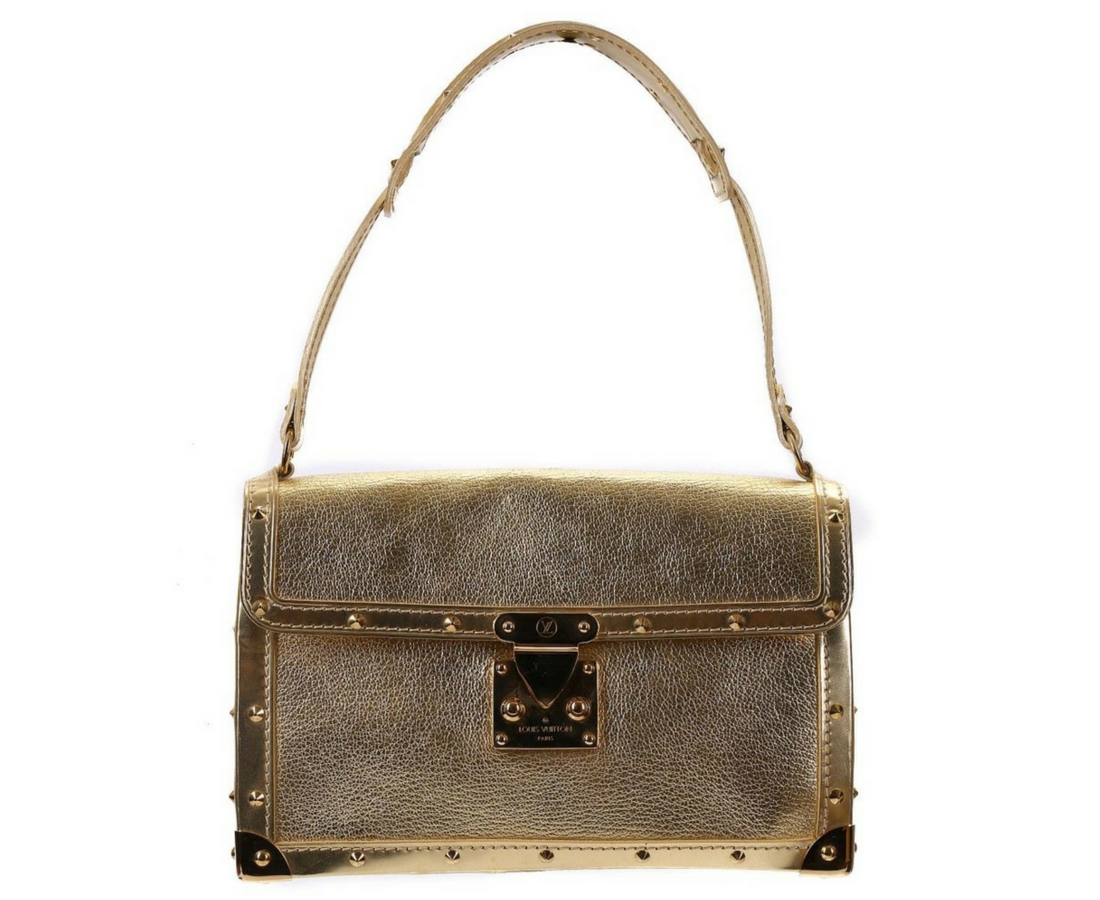Collector’s Guide: Five Things to Know About Louis Vuitton Handbags
Louis Vuitton is one of the most iconic and coveted names in fashion. From humble beginnings as a trunk maker in 19th-century France to a globally recognised symbol of luxury, the brand has a storied history. Here are five essential insights into the enduring appeal of Louis Vuitton handbags, their collectability and what makes them so desirable to fashion enthusiasts and collectors alike.
 Lot 518
Lot 518
1. Humble Beginnings with Grand Ambitions
Louis Vuitton was born in 1821 in the small French hamlet of Anchay. At the age of 13, he set out on foot to Paris, a journey of nearly 300 miles that took him two years. Once there, he became apprentice to Monsieur Maréchal, a prominent box and trunk maker.
By the early 1850s, Vuitton had founded his own business and introduced a flat-topped trunk design that was stackable and more practical for travel. He gained favour with Empress Eugénie, wife of Napoleon III, becoming her personal packer. This prestigious position granted him access to elite clientele, and his status grew quickly.
The business expanded to include handbags, accessories and fashion, giving rise to timeless icons such as:
The Keepall (1930)
The Noé (1932)
The Alma (1934)
The Graffiti bag (2001, by Stephen Sprouse)
The Monogram Multicolore (2003, by Takashi Murakami)
The Neverfull tote (2007)
The Capucines (2013)
Louis Vuitton continues to be a favourite among high-profile figures from royalty to film stars, including the Duke and Duchess of Windsor, Kate Moss and Kim Kardashian.
2. A Legacy Rooted in Travel
Travel is at the heart of the Louis Vuitton brand. Its most enduring pieces, including the Keepall and Pegase suitcase, continue to honour this heritage. Antique trunks are proudly displayed in Louis Vuitton boutiques across the world, serving as a reminder of the house’s origins.
Following the destruction of his workshop during the Franco-Prussian War in the 1870s, Vuitton reopened in a refined district of central Paris. By 1914, the Louis Vuitton building on the Champs-Élysées had become the largest travel goods store in the world and counted Coco Chanel among its patrons.
3. Marc Jacobs and the Next Generation
In 1997, Marc Jacobs joined as creative director and played a key role in revitalising the brand. He introduced Louis Vuitton’s first ready-to-wear collections and opened the door to collaborations with artists and designers such as:
Stephen Sprouse
Yayoi Kusama
Richard Prince
These collaborations blended high fashion with contemporary art, bringing new energy to the brand while respecting its historic identity.
“What I have in mind are things that are deluxe but that you can also throw into a bag and escape town with, because Louis Vuitton has a heritage in travel.” – Marc Jacobs
4. A Coveted Collectable
Louis Vuitton handbags have become fashion collectables in their own right. Particularly sought-after are:
Show Bags, released twice a year in limited quantities
The Exotics collection, featuring rare materials such as crocodile, alligator, ostrich and snakeskin
These rare pieces are not displayed openly and are typically reserved for the brand’s most elite clients. Their scarcity and exclusivity contribute to their high market value.
In 2012, Louis Vuitton was named the world’s most valuable luxury brand for the seventh consecutive year, outranking Hermès and Rolex.
5. Colourful Collaborations and Artistic Influence
Louis Vuitton’s collaborative spirit has led to some of the most visually striking and collectible handbags in modern fashion history. Artists, architects and designers such as:
Takashi Murakami
Cindy Sherman
Frank Gehry
Jake and Dinos Chapman
have reinterpreted Louis Vuitton’s classic designs with bold colour, fantastical imagery and limited-run patterns. The Garden in Hell collection, designed with the Chapman brothers, is a notable example known for its floral and surreal motifs.
Do you have a Louis Vuitton handbag to sell or value? Contact our Designer Handbags & Fashion department for a free and confidential valuation. Or simply fill out our Online Valuation form and our specialists will be in touch!